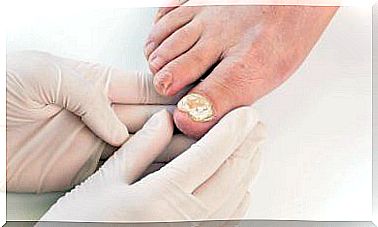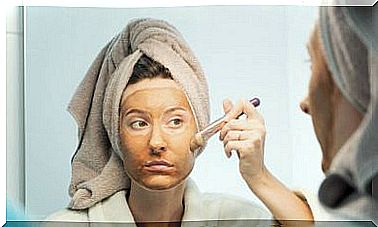What Are Peptides And How Do They Benefit The Skin?
Peptides are the building blocks of collagen. Read on and learn why they are so important in today’s cosmetic industry.
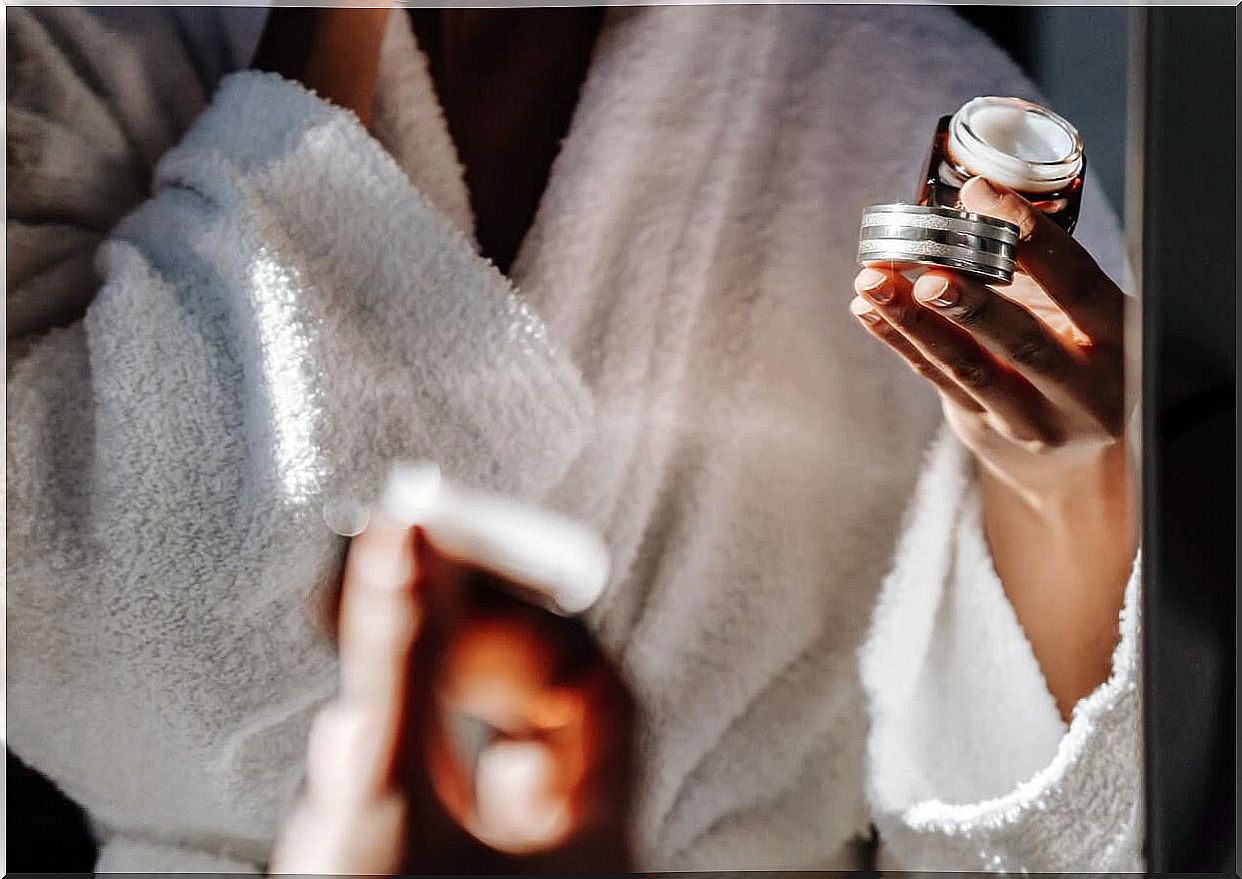
Today, there is an overwhelming number of new products and technologies used and applied for aesthetic or cosmetic purposes. These include skin peptides.
Peptides are molecules that are short chains made up of amino acids. The important thing, from a skin point of view, is that peptides are the building blocks of collagen and elastin.
Although peptides are generated naturally by the body, over time the production of collagen decreases at a rate of 1% per year after the age of thirty.
This is the cause of the skin losing its smoothness and looking wrinkled, flabby and less shiny. That is why today, peptides are included in many self-care products.
Now, given that there are many fads and so many components are offered that claim to be miraculous to regain youth, it is worth asking: are peptides really effective? We will try to clarify these doubts in the following lines.
What types of peptides are there?

Let’s start by noting that there are several classes of peptides, each of which has different functions and effects on the skin. Let’s see the main types below.
Carrier peptides
They are also known as cell-penetrating peptides because they have the property of crossing the cell membrane. They deliver minerals (such as calcium, manganese, iron), which allows to increase the level of collagen.
Enzyme inhibitor peptide
This type of peptide, as its name implies, inhibits certain enzymes; for example, angiotensin, which is found primarily in the vascular system. On the other hand, they help stop the natural breakdown process of collagen found in the skin.
Signal or signaling peptides
The signal peptide is the first to appear in the synthesis of the polypeptide chain and indicates the fate of the proteins. This “message”, once delivered to the skin, helps promote the formation of collagen and elastin.
Neurotransmitter peptides
Neurotransmitter peptides, also called peptide neurotransmitters (NPT), are chemical substances, basically made up of amino acids. They are secreted by nerve endings and affect the activity of various organs.
This results in the blocking of certain chemicals, the release of which causes muscle contraction. In this way, in terms of aesthetic effects, TPNs smooth wrinkles and fine lines.
Tetrapeptides and hexapeptides
Depending on the length of the peptide chain, there are tetrapeptides, pentapeptides and hexapeptides, the functions and effects of which are different:
- The former, tetrapeptides and pentapeptides, act on delicate areas (such as bags under the eyes) and serve as firming agents. In turn, pentapeptides stimulate tissue repair, contribute to healing, and enhance and increase collagen synthesis.
- For their part, hexapeptides help relax the muscles by acting on dynamic wrinkles. They have an effect similar to that of Botox, although without the needles or the consequences derived from the use of this substance.
Other peptides
Peptide Q10 promotes the synthesis of coenzyme Q10. Research has been done to determine the effects of this on athletic performance. It is also considered an antioxidant that slows premature aging and neutralizes free radicals.
Lastly, there are also the copper peptides. To date, studies are being carried out on its properties, as it is estimated that they could be useful to prevent the oxidative activity of this metal on cells. However, its aesthetic effects have yet to be demonstrated.
What are the benefits of peptides for the skin?
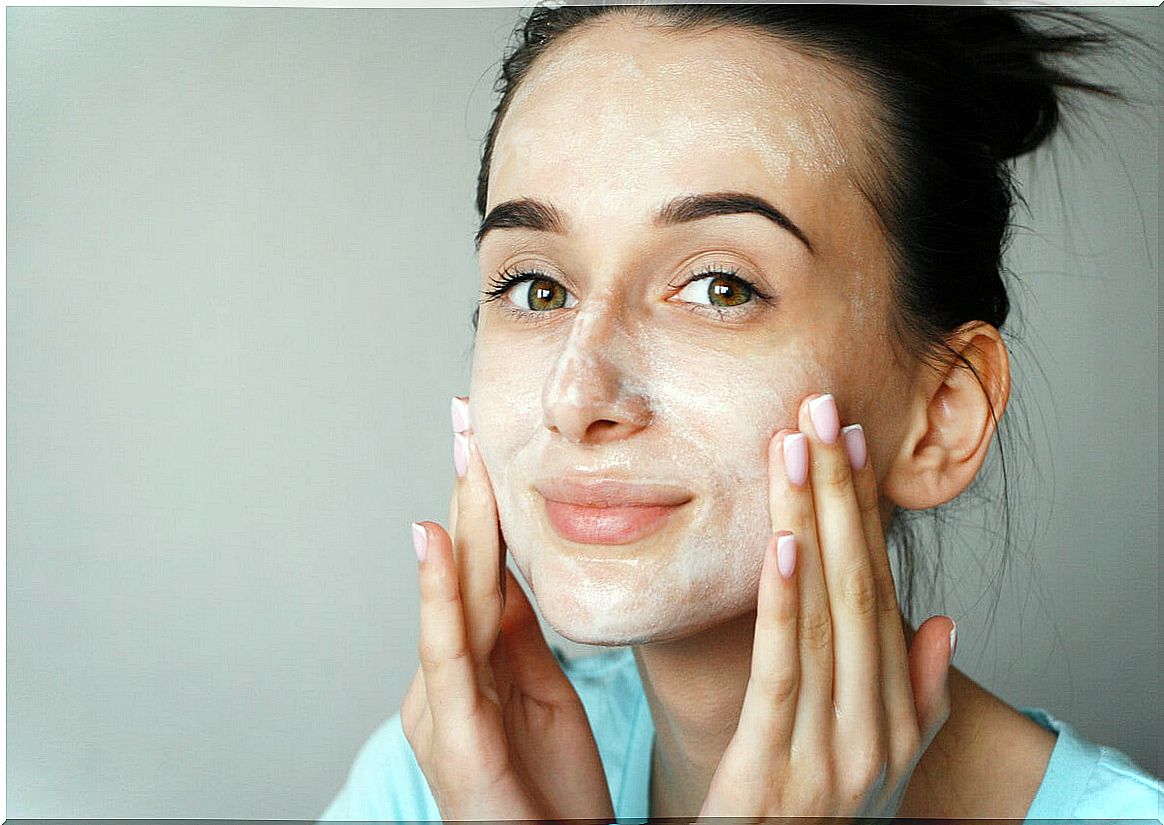
Peptides fulfill a variety of functions within the body, from being building blocks in enzymes and hormones to being a source of energy.
It is appropriate to remember that it is the peptides that send the signal to the cells, telling them that they must produce more collagen when it breaks down to replace what is lost.
Therefore, the main function of peptides is to help in the production, protection and replacement of collagen. It could be said that the other benefits are derived or are a consequence of this.
In particular, peptides provide various benefits for the skin:
- Hydration: with the decrease in collagen, dehydration also occurs. Then, as the peptides increase the production of this substance, the effects of the loss of moisture in the skin are reversed or attenuated.
- Softness, elasticity and firmness of the skin: the immediate consequence of the recovery of collagen and moisture in the skin is its visible softness, elasticity and firmness. Remember that peptides are also part of elastin fibers.
- Reduction of wrinkles and expression lines: the increase in collagen translates into smoothness and a youthful appearance, since when the skin is firmer and smoother, wrinkles and expression lines are less visible.
- Skin barrier: it is the first line of defense against infections. By increasing the production of collagen, the skin becomes a true fortress for the body.
How do peptides work?
Peptides are chains of amino acids; however, it should be added that amino acids are the building blocks of proteins throughout the body.
When using products and treatments that contain peptides, basically what happens is that they penetrate the skin and send the signal to the cells of the body that they must produce more collagen. It is as if we are cheating, in a way, the body. But in this case, the end justifies the means.
Also, there are other ways to stimulate collagen production, in addition to using cosmetic products, since there are foods that are rich in this substance, such as gelatin, salmon, peppers and tomatoes, among others.
What to look for in a skin peptide product?
In general, peptides are beneficial for the skin, but they are not all created equal. We have already seen that some emit signals to stimulate collagen production, while others inhibit enzyme production; although most work as water collectors.
Also, peptides can be combined with other ingredients. By binding to particular receptors in the skin, the different peptides can produce a wide variety of effects : anti-aging, hydration, antioxidation, firmness or elasticity, tissue repair, skin brightening, acne reduction …
Therefore, when choosing a cosmetic product with peptides for the skin, the following should be taken into account:
- Make sure that it does indeed contain peptides ; although it can sometimes appear under another name (such as palmitoyl).
- Choose the most appropriate product presentation; for example, a cream will be more effective because it will have a longer contact time with the skin, which would mean that the peptides would be absorbed more.
- There is no one product that contains everything, so it should be decided based on each need. It is important to note that tetrapeptides increase elasticity and firmness, while hexapeptides help with shine or appearance.
- Lastly, look at the other ingredients. Some peptides work better in conjunction with other elements; for example, vitamin C and niacinamide. If the product includes them, the better.
Limitations and contraindications
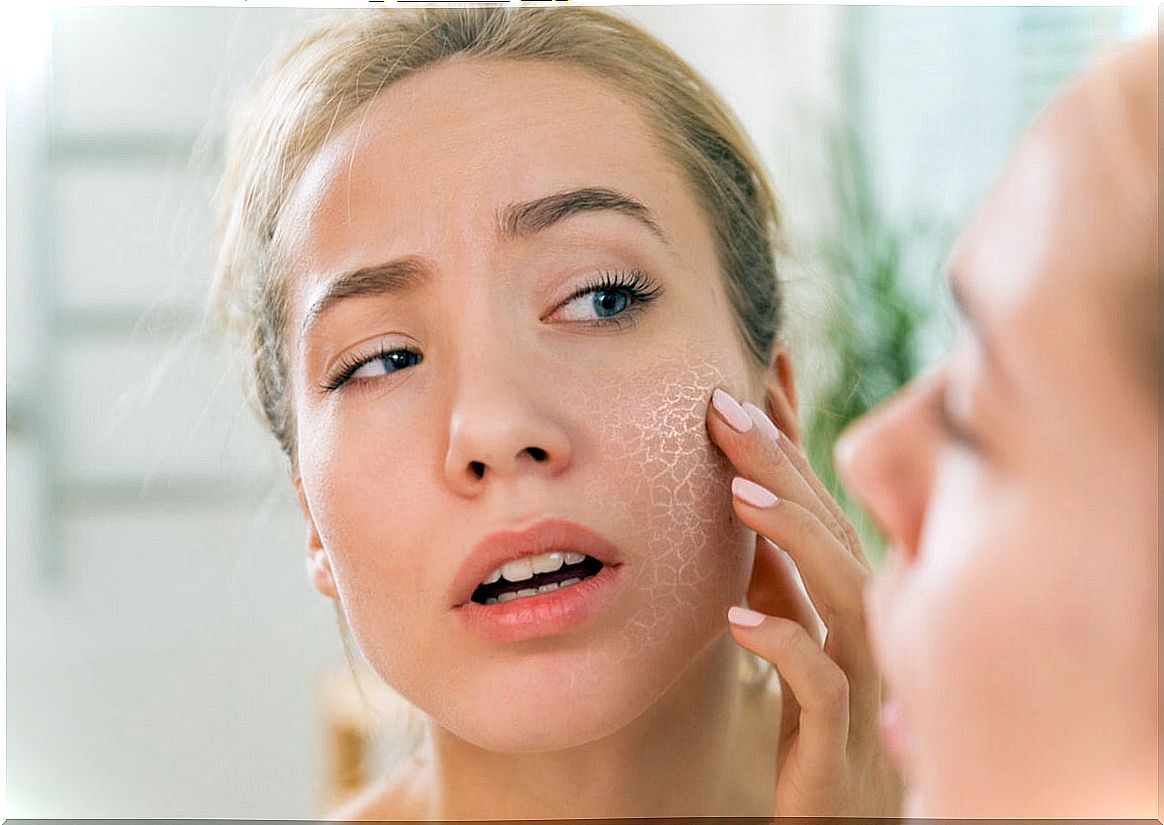
So far everything is going very well but… There is always a but and these substances are no exception. To begin with, the word “peptide” can be used generically to refer to any short chain of amino acids.
In fact, there are many different types of peptides and not all of them have any effect on the skin. So it is possible that the term is used as a label for marketing purposes without the product actually containing an ingredient that properly helps in the regeneration of the skin.
Investigations are in progress. Some peptides have already been tested, although only in controlled-group clinical studies; that is, small samples or under laboratory conditions ( in vitro ). While peptides can be beneficial for the skin, there is still a long scientific way to go to make strong claims.
The good news is that no unfavorable reactions have been observed ; they have little toxicity and few side effects. In rare, very rare cases, there have been allergic reactions. The only catch: peptide products are often expensive.
Peptides: a youth tonic?
Like so many other products, peptides are touted as the ultimate answer to aging. In large chains and online stores , they are available in the form of creams, masks and others.
Indeed, peptides can help, but they are not a panacea. It takes a combination of various factors to delay or reduce aging from diet and exercise to adequate hydration and stress reduction. Let us also remember that peptides are already in our body.
They can be applied, yes, in moderation and following the recommendations: twice a day, maximum; using the right product that absorbs better. Meanwhile, medical researchers will continue to verify the effectiveness of peptides for skin rejuvenation.
